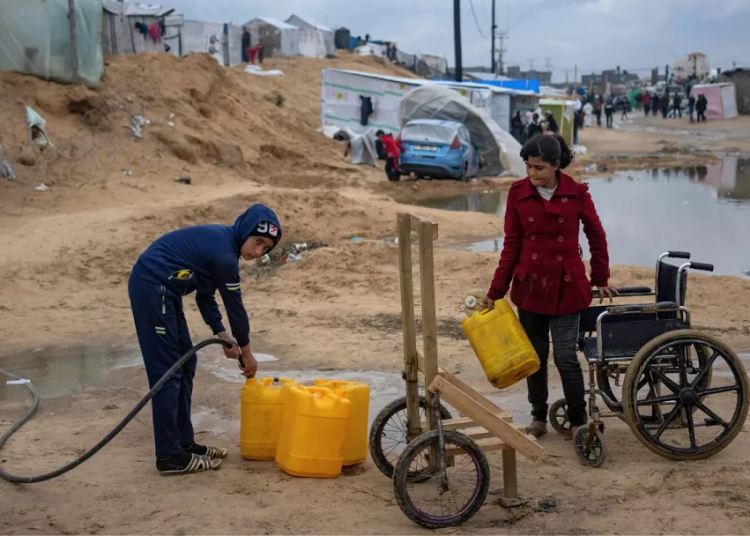PARIS – The conflict in Gaza has created unprecedented soil, water and air pollution in the region, destroying sanitation systems and leaving tons of debris from explosive devices, a United Nations report on the environmental impact of the war said on Tuesday.
The war between Israel and Hamas has swiftly reversed limited progress in improving the region’s water desalination and wastewater treatment facilities, restoring the Wadi Gaza coastal wetland, and investments in solar power installations, according to a preliminary assessment from the UN Environment Programme (UNEP).
Explosive weapons have generated some 39 million tons of debris, the report added.
Each square metre of the Gaza Strip is now littered with more than 107 kilograms (236 lbs) of debris. That is more than five times the debris generated during the battle for Mosul, Iraq, in 2017, the report said.
“All of this is deeply harming people’s health, food security and Gaza’s resilience,” said UNEP Executive Director Inger Andersen according to Reuters.
Gaza’s environment was already suffering from recurring conflicts, rapid urban growth, and high population density, before the most recent conflict began on Oct. 7.
The UN assessment adds to concerns about the unfolding humanitarian crisis and the environmental costs of war, with Ukraine also recording widespread ecological damage over the past two years.
“Understanding the environmental impacts of war is a grand challenge of our time,” said Eoghan Darbyshire, a senior researcher at the UK-based nonprofit Conflict and Environment Observatory.
“The impacts will not only be felt locally where the fighting is taking place, but may be displaced or even felt at the global scale via greenhouse gas emissions.”






Discussion about this post